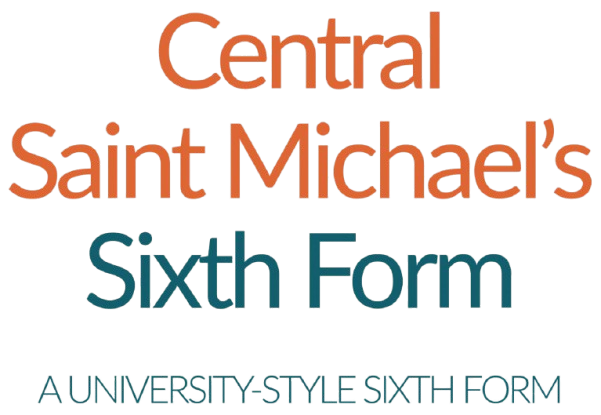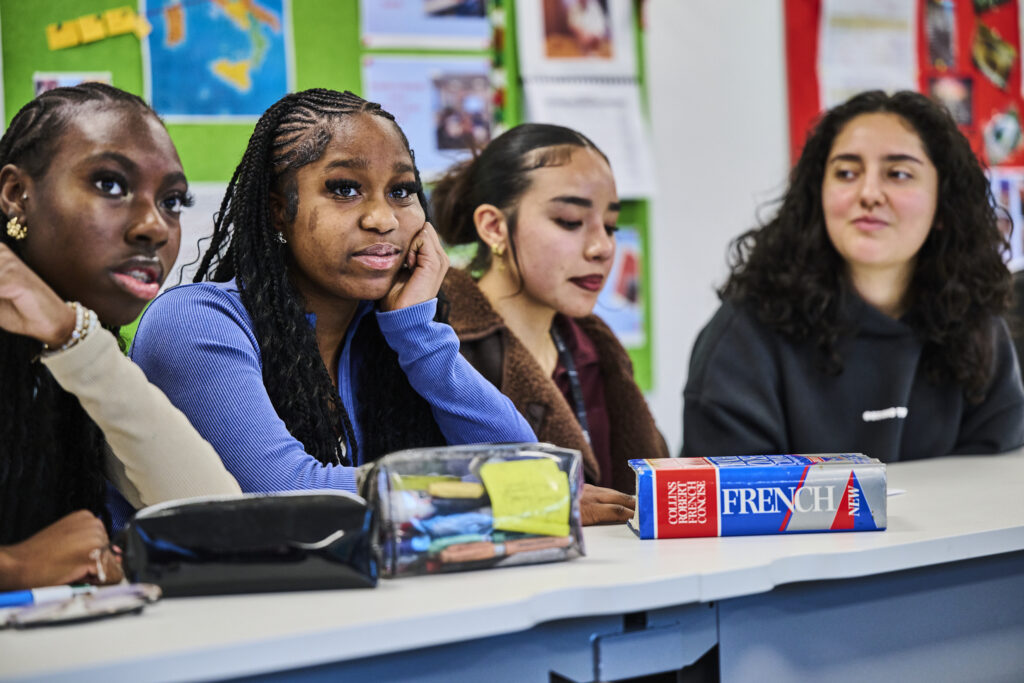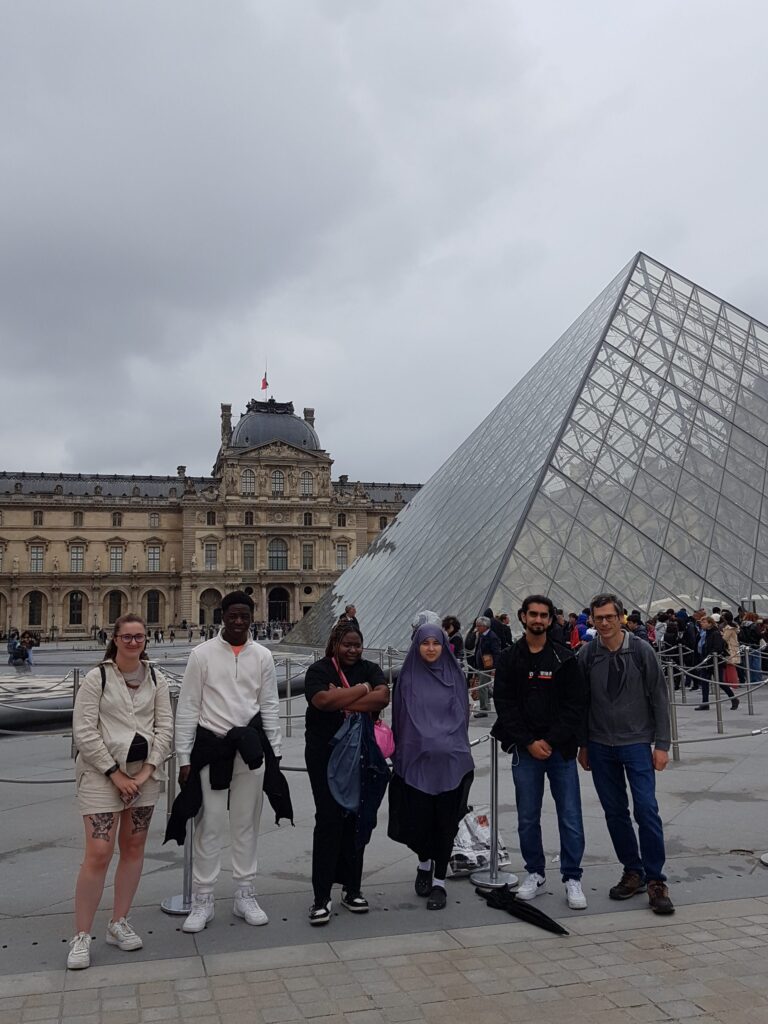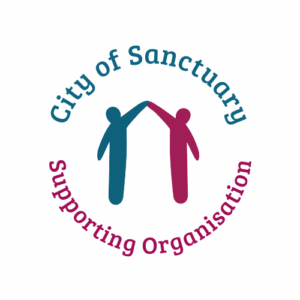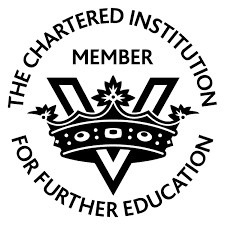Broaden your horizons, develop cultural knowledge, and confidence, communication, problem solving and creativity skills with A Level French. French can be combined with A Level Sciences, Humanities such as Law, Sociology or Economics, or studied alongside diploma subjects such as Business or Criminology at Central Saint Michael’s. If you are interested in languages and have a good GCSE French grade, or maybe you have lived in a French-speaking country or are living in a French-speaking household, it’s likely you would enjoy this subject.
You’ll engage critically with intellectually stimulating texts, films and other materials in the original language, developing an appreciation of sophisticated and creative uses of French and understanding them within their cultural and social context. You will also equip yourself with transferable skills such as autonomy, resourcefulness, creativity, critical thinking, and linguistic, cultural and cognitive flexibility that will enable you to proceed to further study or to employment.
Content Overview
AS Level French (Year 1)
1. Being a young person in French-speaking society
▪ Families and citizenship: Changing family structures; the changing nature of marriage and partnership; being a good citizen
▪ Youth trends and personal identity: Trends in fashion; how young people respond to modern technology; relationships with others and peer pressure
▪ Education and employment opportunities: The education system and student issues; work and travel opportunities and the changing work scene
2. Understanding the French-speaking world
▪ Regional culture and heritage in France, French-speaking countries and communities: Festivals; customs and traditions; historical sites; museums and galleries
▪ Media, art, film and music in the French-speaking world: Trends in media and art; film and music in the lives of young people
A Level French (Year 1/2)
3. Diversity and difference
▪ Migration and integration: Reasons for migration; factors which make migration/integration easy/difficult
▪ Cultural identity and marginalisation: Reasons for marginalisation; ways to eliminate marginalisation
▪ Cultural enrichment and celebrating difference: The positive aspects of a diverse society
▪ Discrimination and diversity: Life for those who are discriminated against
4. French – France 1940-1950: The Occupation and post-war years
▪ June 1940–May 1945: Life in occupied France; the French Resistance
▪ The cultural dimension in occupied France: The political context of theatre and cinema productions
▪ 1945-1950: Rebuilding and restructuring society in post-war years
